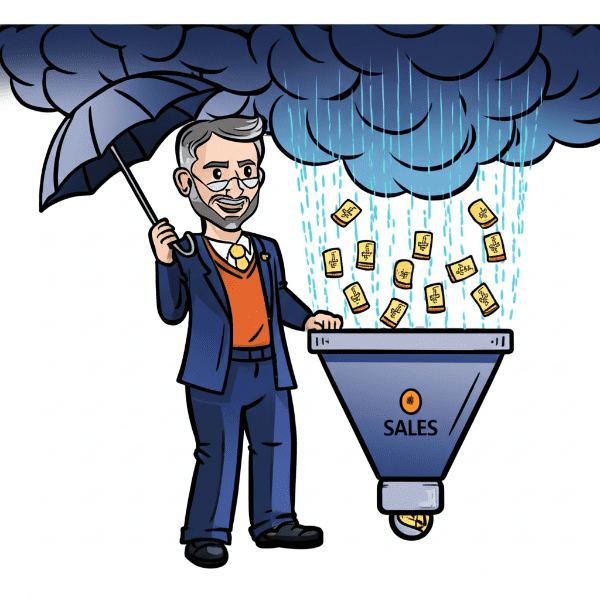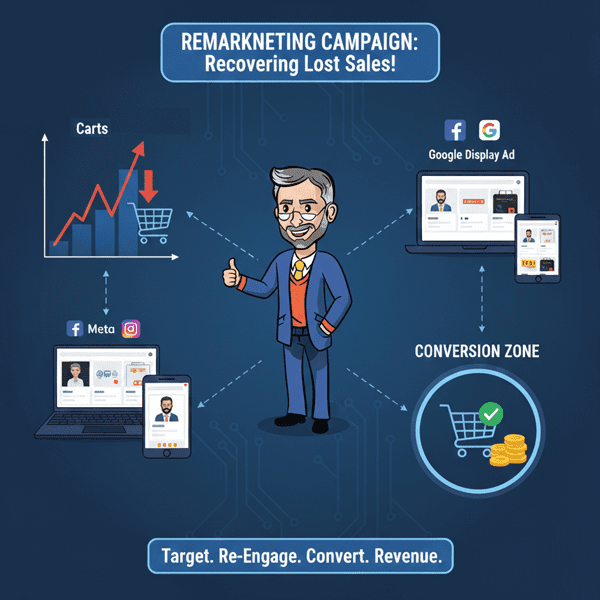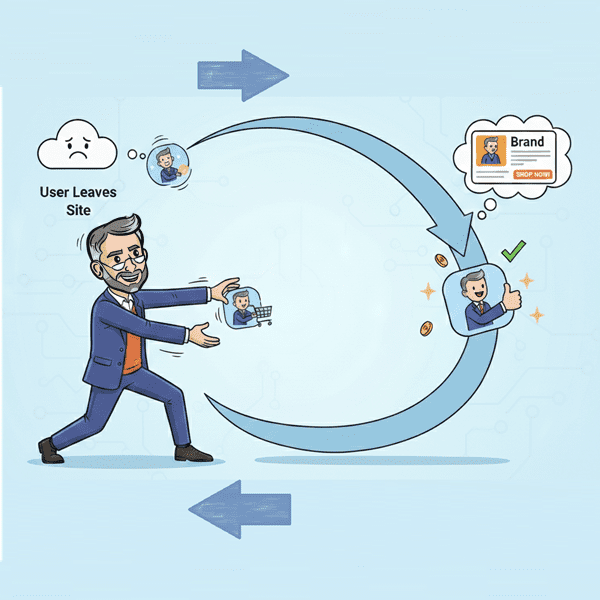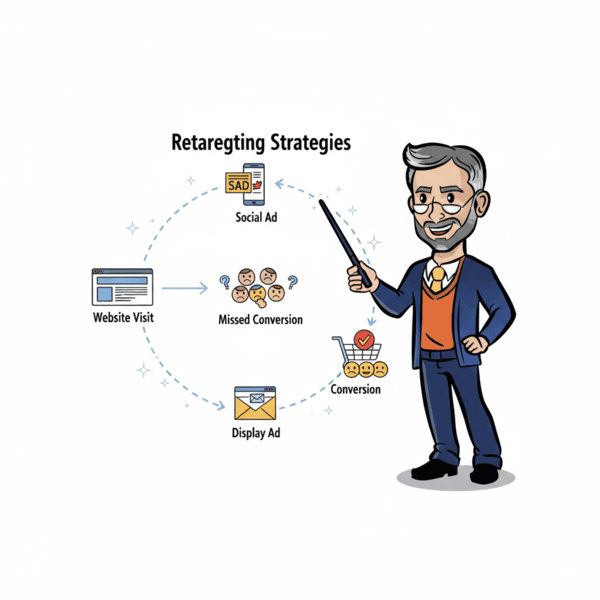What is Reverse Marketing?
Definition: Reverse marketing is a strategy where customers seek out a company rather than the company actively pursuing customers. Instead of advertising directly, businesses strive to create value-driven content, build strong brand reputations, and build customer trust, encouraging potential customers to initiate contact. Examples include organic SEO strategies, and inbound marketing efforts.
Example in a Sentence: By using reverse marketing strategies such as high-value content and social proof, the brand attracted customers without running vigorous ad campaigns.
Why is it Important?
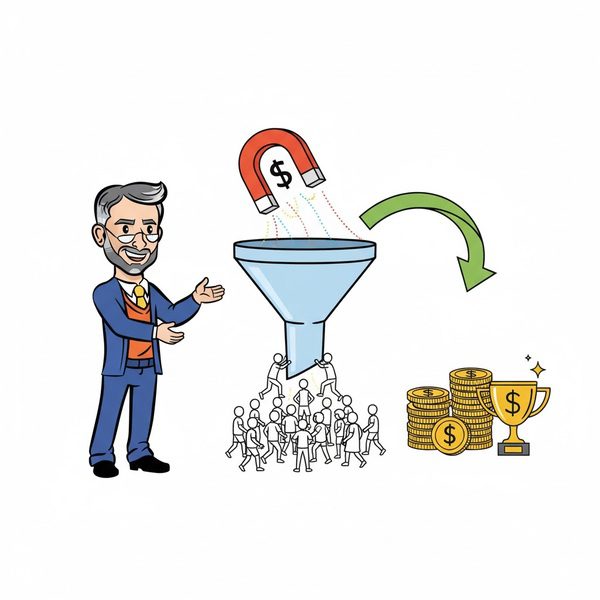
1. Builds Customer Trust
Instead of pushing sales, reverse marketing focuses on providing value, which naturally builds trust and credibility over time.
2. Encourages Organic Engagement
Customers engage with brands on their own terms, leading to higher-quality leads and better conversion rates.
3. Reduces Marketing Costs
By using content marketing and word-of-mouth referrals, businesses can lower their reliance on expensive paid advertising.
Shift the Power to Your Customers
Effective marketing flips the traditional sales approach by letting customers come to you. Offering valuable content, building trust, and positioning your brand as an authority, will attract long-term, loyal customers without constantly chasing them.
More Definitions: Sales Conversion Metrics Definition, Conversion Rate Optimization (CRO), Call to Action Definition
Useful Posts: Key Insights and Essential CRM Data Tracking Strategies and What’s Unique About B2B Conversion Rate Optimization?



